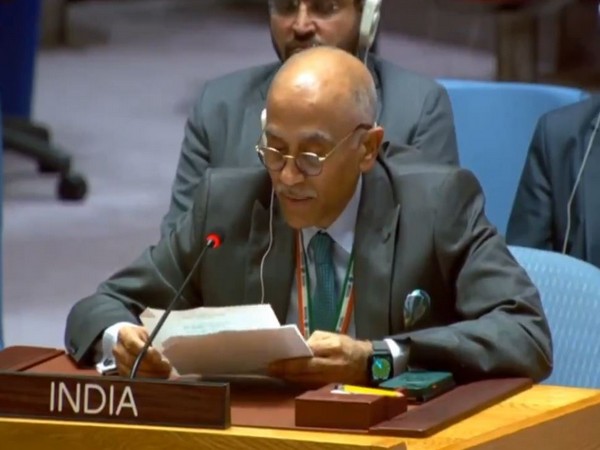India has voiced concerns that a “lowest common denominator” approach to reforming the UN Security Council (UNSC) could jeopardize efforts for substantial, meaningful change. Speaking at the General Assembly on Monday, India’s Permanent Representative P. Harish cautioned that this approach could result in only superficial adjustments rather than the transformative reforms needed.
Harish explained, “The development of a consolidated model based on ‘convergences’ should not lead to a race to the bottom in search of the lowest common denominator.” He further warned, “There is a real danger that this approach could serve as a smokescreen, allowing only minimal changes to be presented as major reform.”
The Intergovernmental Negotiations (IGN) on UNSC reforms have been at an impasse, with some nations resisting a shift to text-based negotiations. One proposed solution is to create a model for a reformed Council based on the inputs of member states as a foundation for future discussions.
Harish emphasized that India seeks tangible progress in the IGN, particularly the establishment of a model as a precursor to text-based negotiations. However, he urged caution, noting that if reforms only lead to minor adjustments, key issues—such as expanding permanent membership and addressing the under-representation of Asia, Africa, Latin America, and the Caribbean—could be indefinitely postponed.
Several countries, including those opposed to expanding permanent membership, support longer terms for some elected seats. The Uniting for Consensus (UfC) group, led by Italy and including Pakistan, advocates for extended, re-electable seats as an alternative to additional permanent members.
Italy’s Permanent Representative, Maurizio Massari, speaking on behalf of UfC, suggested that longer-term seats could offer flexibility to reflect regional dynamics and accommodate diverse perspectives. In a “least common denominator” scenario, however, there is a risk that long-term membership could be positioned as a compromise, delaying broader discussions on permanent membership expansion.
“Convergence is not consensus,” Harish remarked. “As a member of the Global South, we believe that genuine representation is fundamental to the legitimacy and effectiveness of both the Security Council and the UN as a whole.”
Harish also pointed out that the UNSC’s current structure remains rooted in the post-World War II era, with five victorious nations holding permanent seats with veto power. In contrast, he noted, newer international bodies, such as the G20, have shown greater adaptability; under India’s recent presidency, for instance, the G20 welcomed the African Union as a member.
Concluding, Harish underscored that the Council, often constrained by contemporary geopolitical divides, must evolve to represent today’s world. He noted that this view aligns with the “Pact for the Future,” a roadmap for the UN’s 80th anniversary, adopted by world leaders at the September summit.
India, along with Brazil, Germany, and Japan, forms the G4, a group advocating for UNSC reforms and mutually supporting each other’s bids for permanent membership. Speaking on behalf of the G4, Germany’s Permanent Representative, Antje Leendertse, highlighted that “more than 140 participants in this year’s General Debate called for UN reform, exceeding last year’s number.”
“This figure surpasses the two-thirds threshold of General Assembly membership, demonstrating clear and growing momentum for Council reform,” Leendertse said.
Japan’s Permanent Representative, Yamazaki Kazuyuki, also voiced optimism about seeing more proposals, especially from Africa, to help create a consolidated model during the current IGN cycle.
(IANS)










